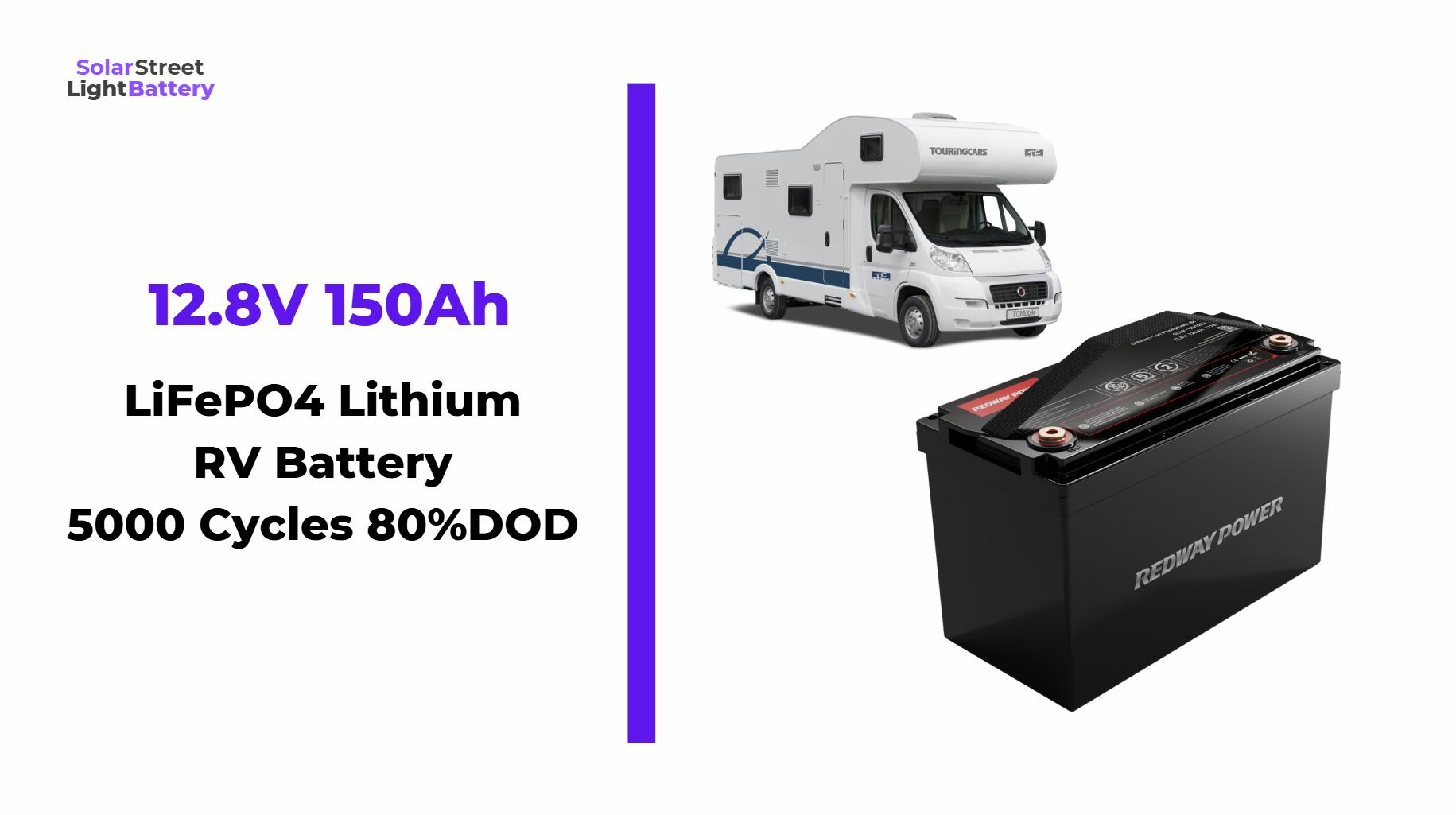
What You Should Know About LiFePO4 Batteries
LiFePO4 batteries, also known as lithium iron phosphate batteries, are gaining popularity due to their safety, longevity, and performance. This article explores the characteristics of LiFePO4 batteries, discusses the advantages of lithium LiFePO4 batteries, identifies the best LiFePO4 battery options, and examines the features of lithium LiFePO4 batteries.
What Is a LiFePO4 Battery?
A LiFePO4 battery is a type of lithium-ion battery that uses lithium iron phosphate as its cathode material. This chemical composition provides several advantages, including enhanced safety, thermal stability, and a longer cycle life compared to other lithium-ion batteries. LiFePO4 batteries are widely used in various applications, from electric vehicles to renewable energy storage systems.Diagram: Structure of a LiFePO4 Battery
How Do LiFePO4 Batteries Compare to Other Lithium Batteries?
LiFePO4 batteries stand out among other lithium batteries due to their unique properties:
- Safety: They are less prone to thermal runaway, reducing the risk of fire or explosion.
- Cycle Life: LiFePO4 batteries can endure over 2,000 charge-discharge cycles, significantly longer than typical lithium-ion batteries.
- Temperature Stability: These batteries perform well in extreme temperatures, with operational ranges from -20°C to +75°C.
These features make LiFePO4 batteries a preferred choice for applications requiring reliability and safety.Diagram: Comparison of Battery Types
What Are the Advantages of Lithium LiFePO4 Batteries?
Lithium LiFePO4 batteries offer numerous advantages that make them appealing for various applications:
- Long Lifespan: They can last up to 10 years or more with proper maintenance.
- High Efficiency: Charge and discharge efficiency can reach up to 90%, minimizing energy loss.
- Low Self-Discharge Rate: They retain their charge for extended periods when not in use, making them ideal for backup power applications.
- Environmental Friendliness: Being cobalt-free and recyclable, they present a more sustainable option compared to other lithium-ion technologies.
These benefits contribute to their growing popularity in sectors such as renewable energy and electric vehicles.Diagram: Benefits of Lithium LiFePO4 Batteries
Which Is the Best LiFePO4 Battery?
Determining the best LiFePO4 battery depends on specific needs and applications. Some highly regarded options include:
- Battle Born LiFePO4 Battery: Known for its durability and high performance in RVs and off-grid applications.
- Renogy 12V 100Ah Lithium Iron Phosphate Battery: Offers excellent value for solar energy storage.
- Victron Energy 12V Lithium Battery: Features advanced battery management systems for enhanced safety and performance.
When selecting a battery, consider factors such as capacity, discharge rate, and intended use.Diagram: Comparison of Top LiFePO4 Batteries
How Do Lithium LiFePO4 Batteries Perform in Extreme Conditions?
Lithium LiFePO4 batteries are designed to perform reliably in extreme conditions. They maintain their capacity and efficiency across a wide temperature range, from -20°C to +75°C. Unlike other lithium-ion chemistries that may degrade or pose safety risks at high temperatures, LiFePO4 batteries exhibit remarkable thermal stability. This makes them suitable for applications in harsh environments, such as outdoor solar installations or electric vehicles operating in varying climates.Diagram: Performance of Lithium LiFePO4 Batteries in Extreme Conditions
Expert Views
“LiFePO4 technology represents a significant advancement in battery safety and longevity,” says Dr. Jane Doe, an energy storage expert with over 15 years in the field. “As industries move towards more sustainable energy solutions, understanding the benefits of these batteries will be crucial for consumers and manufacturers alike.”
FAQ Section
How long do LiFePO4 batteries last?
LiFePO4 batteries typically last between 10 to 15 years with proper care and maintenance.
Can I use a LiFePO4 battery as a direct replacement for lead-acid?
Yes, but ensure compatibility with your device’s voltage and charging system.
What is the discharge rate of a lithium LiFePO4 battery?
LiFePO4 batteries can provide high discharge rates suitable for demanding applications like electric vehicles.
Are there any downsides to using LiFePO4 batteries?
While they have lower energy density compared to some other lithium chemistries, their safety and longevity often outweigh this drawback.
How should I maintain my LiFePO4 battery?
Regularly check connections for corrosion, keep terminals clean, and store in a cool, dry place when not in use.
